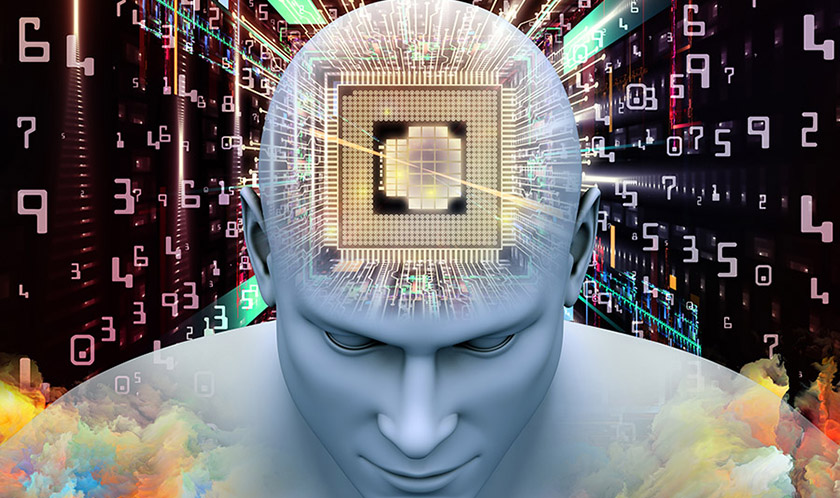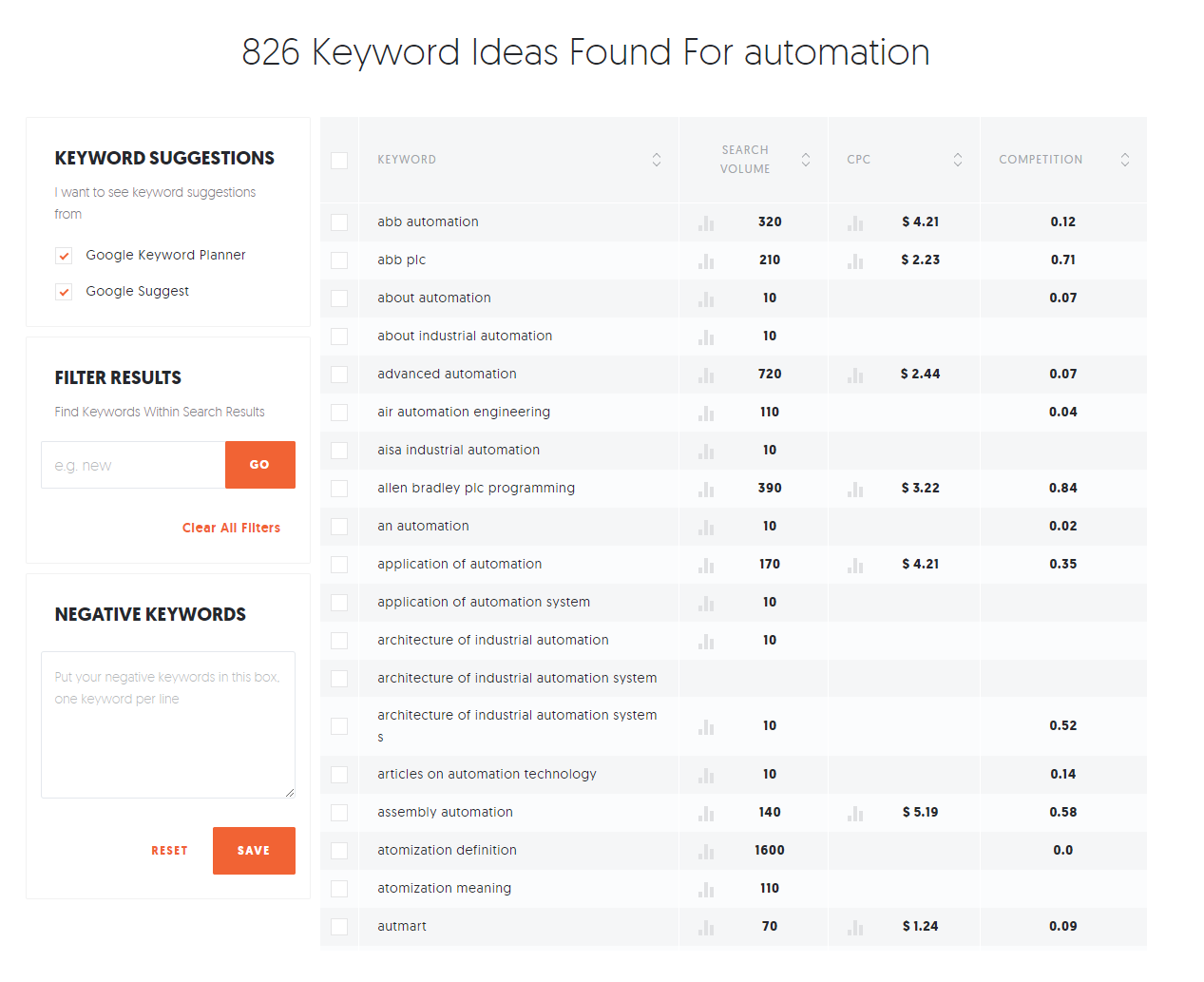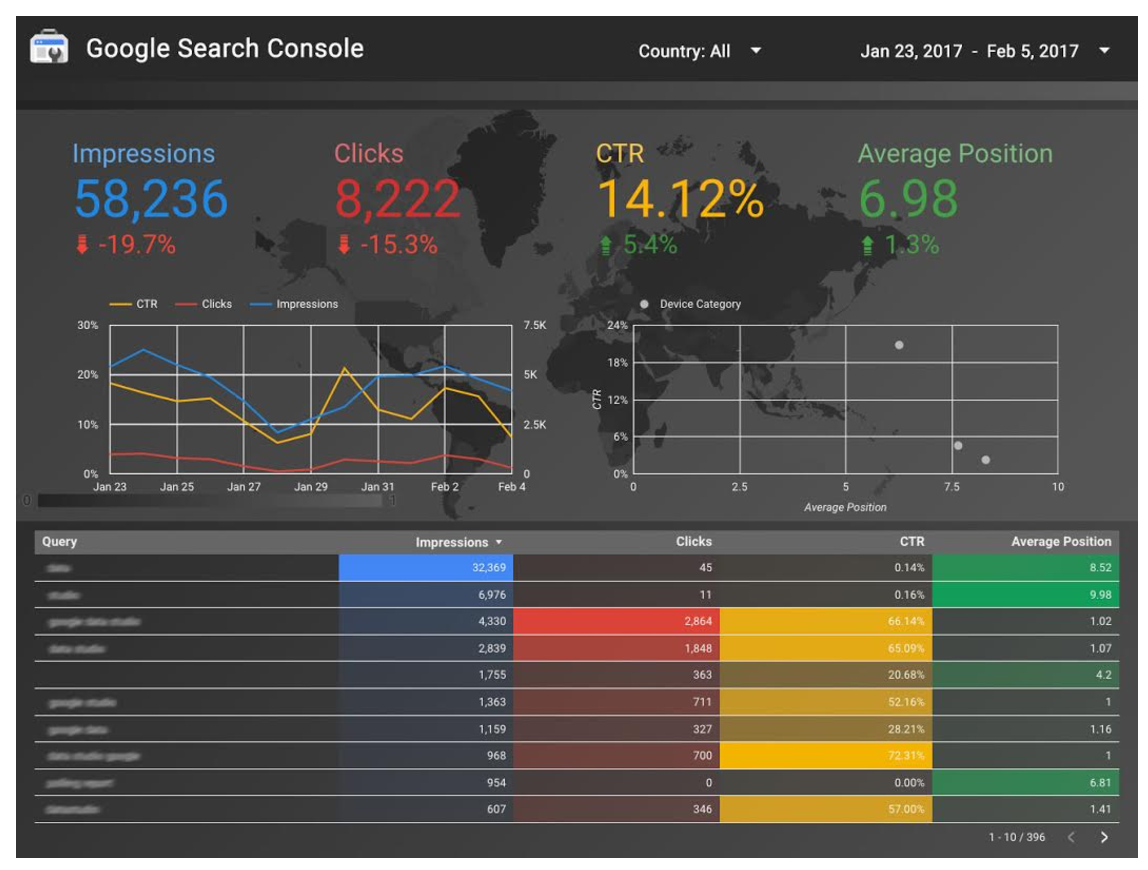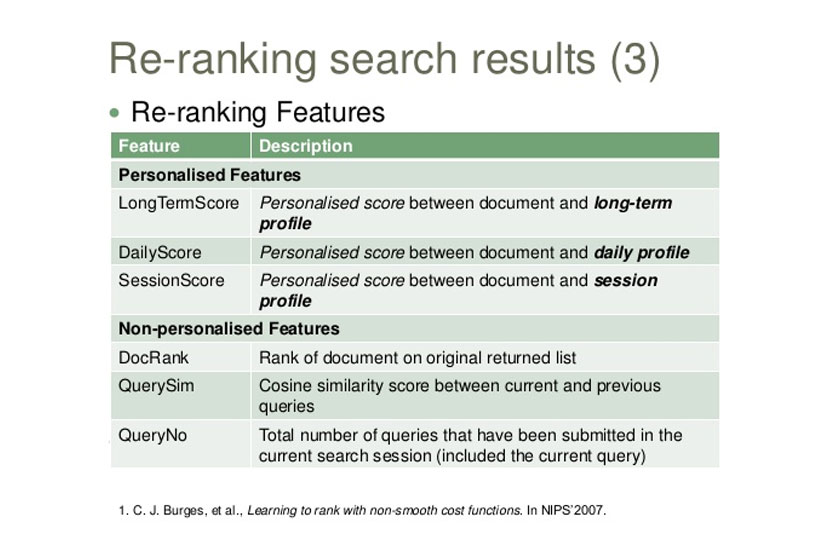Supercharging Your SEO With Artificial Intelligence (A.I)

What comes to mind when you read about “artificial intelligence?”
Perhaps you think of chatbots that can respond to humans in real time, learning from their responses.
Or maybe you’re thinking of the intelligent machines making millions of automated stock trades every second.
You may even think of self-driving cars.
All of these are correct associations with artificial intelligence, which today is mainly the use of data-driven statistical machine learning methods to provide various solutions to problems that might not be soluble algorithmically. And today, one of the fields being rapidly changed by AI is one that we’ll encounter everywhere on the modern Internet – SEO.
SEO is founded on collected data, which makes for excellent synergy with AI. Algorithms for improving search engine rankings, meaningful display of content, and more, can be optimized even further through the use of AI applications. It’s important that AI be used to optimize such content, because search engines themselves have already begun to make use of AI.
For example, Google has made use of a machine-learning framework known as RankBrain, which “identifies patterns and buckets data,” representing the third-most important metric for measuring SEO performance.
Each important element of SEO can be linked to AI-driven methods that can improve their results.
Keyword Architecture
Searching for important keywords that can be meaningfully worked into your content has been a rather laborious and time-consuming process since the inception of SEO, but AI-driven methods can make things a lot easier through automation, and even more effective. Various tools already exist that can review any keyword you input, then determine how to compete with these keywords by placing them in your content in a natural manner. After all, the age of keyword stuffing has long come to an end, and search intent is now the driving factor in rank determination.

Insights and Strategy
Anyone who’s ever read the raw data behind an SEO report will know that it’s a mound of terribly unstructured data sets that need to be collated with an intuitive eye. Through AI-driven data analysis, one may uncover insights that require pattern recognition at a massive scale.
AI may also recommend new content topics based on demand trends and market patterns, or even suggest changes to one’s user experience for optimization. AI tools can also help optimize individual pieces of content in ways that work best for different platforms or experiences. One may even analyze competitors’ websites and see how one’s own website sizes up, at a variety of data points.
In an age of constant growth, AI deep learning methods may even provide insights into new audiences and markets that have only started to emerge, and uncover ways of gaining a foothold in the market. Segmentation may also be improved through AI analysis of existing markets.

Personalized Experiences
AI may uncover the critical information of search intent, allowing marketers to determine not only their target audience, but also what exactly this audience is looking for and what they’ll need in the future. These insights may then be used to personalize any website experience to the individual user viewing it, changing messaging and communication used to fit user preference based on data.

Performance Monitoring
In insights through performance monitoring, AI may also deliver quick alerts to unusual behavior or brand-new patterns in trends that may otherwise have taken a long time to detect by a human observer. In turn, by offloading such attention-consuming monitoring to automated methods, SEO professionals get more time to focus on providing solutions elsewhere.
Attribution analysis
It’s relatively simple to see, at a broad scale, how changes in content strategy may lead to overall growth or improvements in engagement and conversion rates. However, it’s still difficult to see, at a more specific scale, which particular content is actually working to lead to visitors who end up becoming paying customers.
Thankfully, a variety of AI tools are now being used to determine which users from which channels and from what demographic are responding well to which content. Such tools can chart the entire consumer journey and show which content leads to what stage of the engagement and conversion cycle.

Taking advantage of AI
It’s not enough to just start jumping at every AI-driven tool you see and hope something sticks. AI is the present, not some nebulous future that no one knows how to handle. You need to shape a new strategy that revolves around the use of AI in meaningful ways in your SEO methodology.
However, know that AI can’t replace people completely – it still requires a skilled, experienced eye to look at the insights that AI tools provide, and then find a good way to move forward based on new knowledge. You must also improve your data collection and bucketing to give AI something to work with in the first place!



